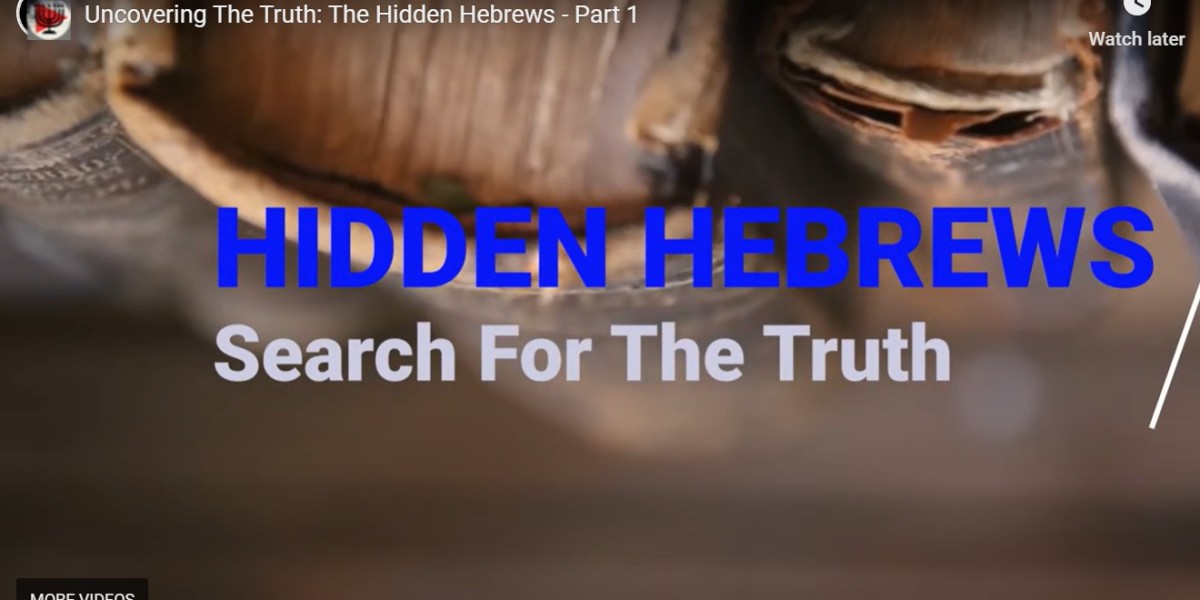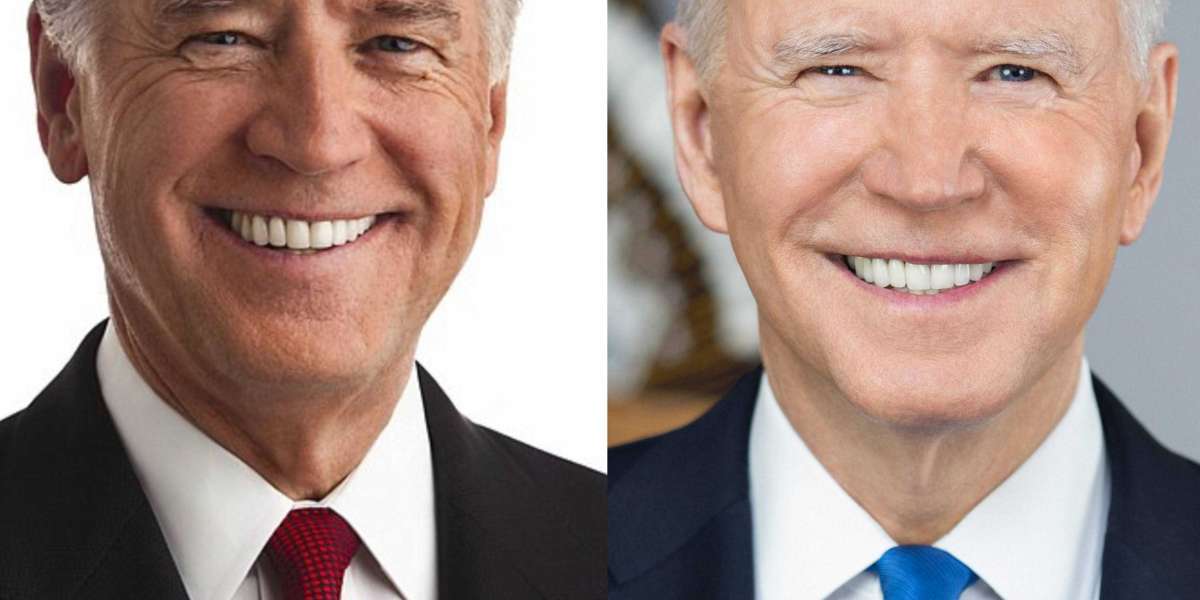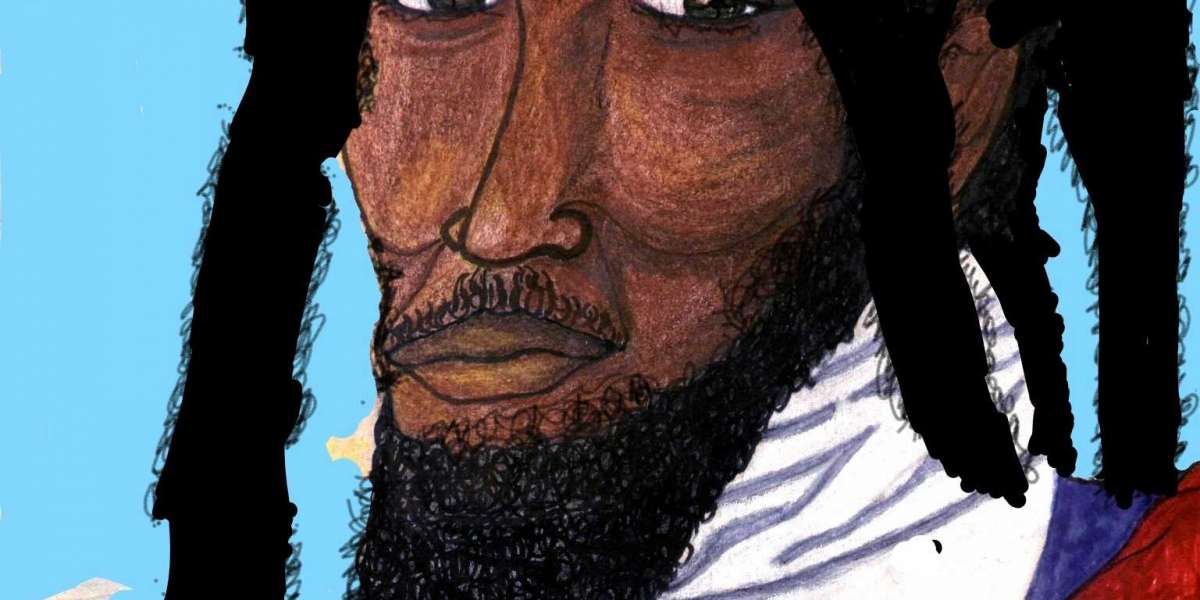In the ever-evolving quest for knowledge and self-discovery, the search for truth has remained a central pillar of human experience. The documentary Hidden Hebrews: Search for Truth delves deep into this journey, offering insights that challenge traditional narratives and unveil revelations that could change lives forever. Through a compelling narrative, the documentary takes viewers on an eye-opening exploration of identity, faith, and history, encouraging a transformative approach to understanding one's roots and purpose.
The Pursuit of Truth: A Light in the Darkness
From the outset, the video positions truth as a beacon of light in an otherwise dark and confusing world. This concept resonates with individuals who feel lost, seeking restoration through enlightenment. The documentary portrays truth as not merely a set of facts but as a guiding force that brings clarity and purpose to life. The pursuit of truth is framed as a personal mission, driven by a desire for deeper understanding and connection to one’s identity.
“The truth, a light in the darkness, a word of restoration.”
This opening line encapsulates the central theme: truth is not only empowering but also redemptive. The film speaks to viewers who feel disconnected from their history, emphasizing that uncovering hidden truths can lead to personal and spiritual renewal.
A Revelation of Identity;
Who are the Black Hebrew Israelites?
One of the core messages in Hidden Hebrews is the revelation of identity—who we are, where we come from, and what that means for our lives today. As the documentary unfolds, it invites viewers to reconsider long-held beliefs about their ancestry and faith, suggesting that there may be hidden aspects of history that have been overlooked or suppressed.
The idea of searching for truth is not presented as a passive act; instead, it’s something pursued with intention. The documentary encourages viewers to dig deep, challenge conventional wisdom, and seek out alternative narratives that may have been obscured over time. This theme aligns with modern-day movements of historical reclamation and self-empowerment.
“A revelation of who you are, we search for it, we pursue it.”
The act of uncovering these hidden truths is shown as a journey that, once begun, cannot be ignored. The revelations found on this journey can reshape personal identities and worldviews, offering a sense of liberation and empowerment to those who dare to follow the trail of discovery.
The Surprising Nature of Truth
As the documentary suggests, the truth isn’t always what we expect. It can be shocking, uncomfortable, or even controversial. However, the filmmakers emphasize that this should not deter the search. Instead, they present it as an opportunity for growth and transformation. When one finds truth, they are compelled to follow it, regardless of societal pressure or external skepticism.
“Then one day you find it. You follow it, wherever it leads, no matter what people say.”
This sentiment resonates with the current climate of individual awakening and the push for social and historical justice. It reinforces the idea that truth is a personal, often challenging journey that can lead to unexpected yet powerful realizations. For many, this journey may lead to a rediscovery of cultural or religious identity, which, in turn, can provide a stronger sense of purpose and belonging.
Revelations That Change Lives
The transformative power of truth is a central motif throughout the documentary. Viewers are encouraged to open themselves up to new ideas and revelations, which can reshape their lives in profound ways. Whether these truths relate to personal identity, history, or faith, the documentary makes the case that they have the potential to bring about lasting change.
“And the revelations just may change your life forever.”
This message taps into a universal desire for meaning and purpose. It suggests that uncovering hidden truths—especially those related to one’s heritage and identity—can offer not only personal enlightenment but also a sense of liberation from the constraints of traditional narratives.
Why This Message Resonates Today
The documentary's themes align with broader social movements advocating for historical reexamination, cultural reclamation, and personal empowerment. The global rise of individuals seeking to reconnect with their ancestral roots or rediscover forgotten histories has fueled interest in films like Hidden Hebrews. By challenging mainstream historical accounts and offering alternative perspectives, the documentary speaks to those who are eager to explore untold stories and redefine their identities in a more authentic way.
As people around the world continue to grapple with questions of identity, heritage, and truth, this film serves as a powerful reminder of the importance of seeking knowledge, even when it challenges the status quo. In a time when misinformation and superficial narratives often dominate, Hidden Hebrews encourages a deeper, more thoughtful approach to understanding the world—and ourselves.
Hidden Hebrews 1 - Search for the Truth (hebrewconnect.tv)
Key Takeaways:
- Truth as Restoration: Truth is portrayed as a guiding force that can bring personal restoration and clarity in a confusing world.
- Revelation of Identity: The documentary focuses on the discovery of hidden aspects of history and identity, urging viewers to question mainstream narratives.
- Transformative Journey: The search for truth is a transformative experience that can lead to unexpected revelations and personal growth.
- Empowerment Through Knowledge: The film encourages viewers to take control of their own narratives by uncovering and embracing forgotten truths.
For more info visit the links below;
1987 AD: Judaism Was Brought To America By Black Slaves From West Africa
1969 AD: The Igbo Are Wandering Jews of West Africa According To Henry Kissinger














